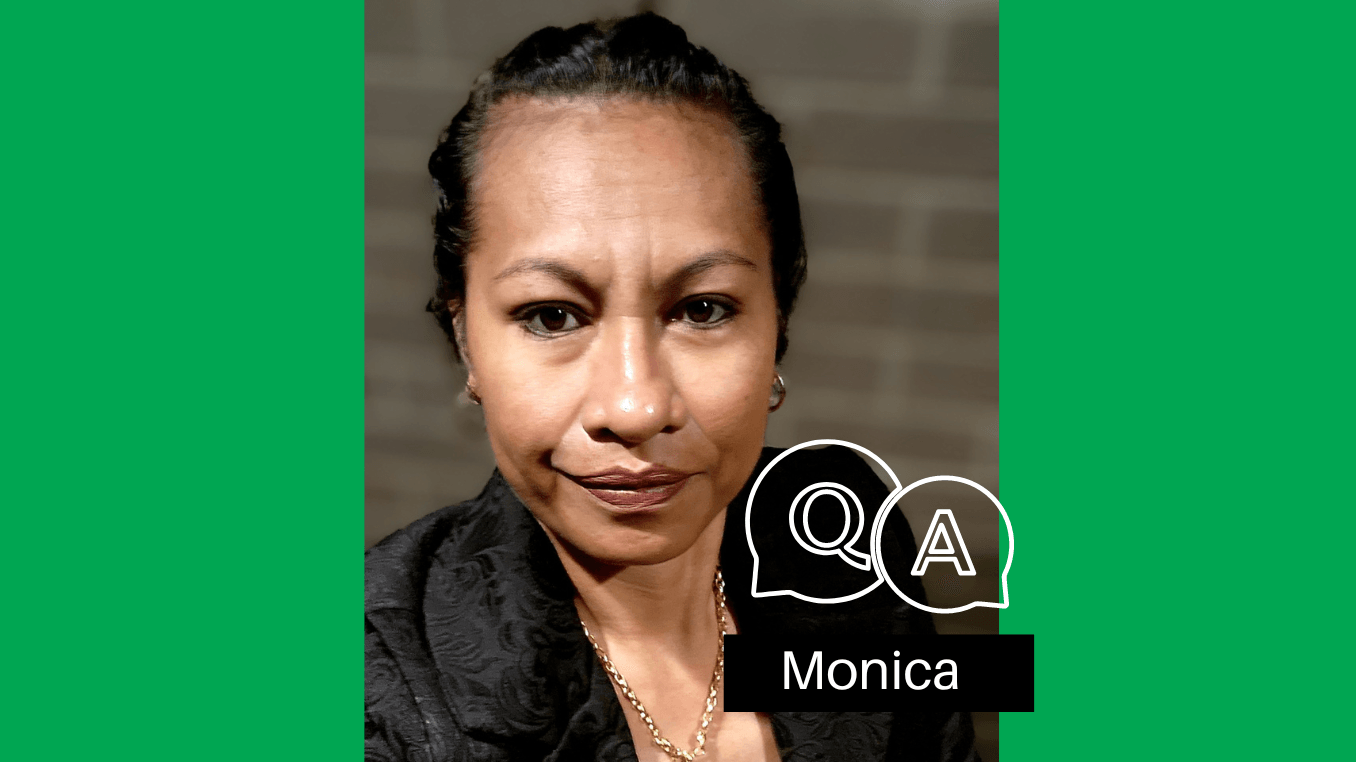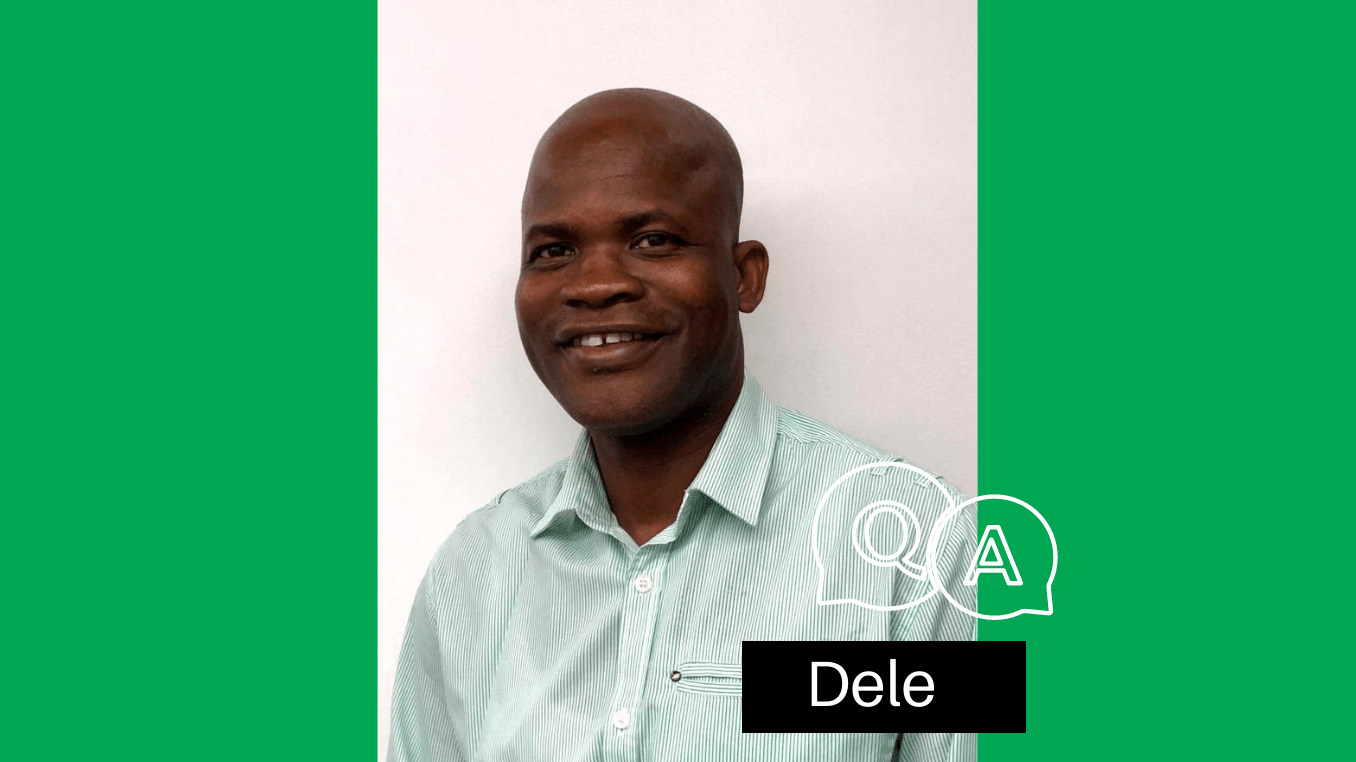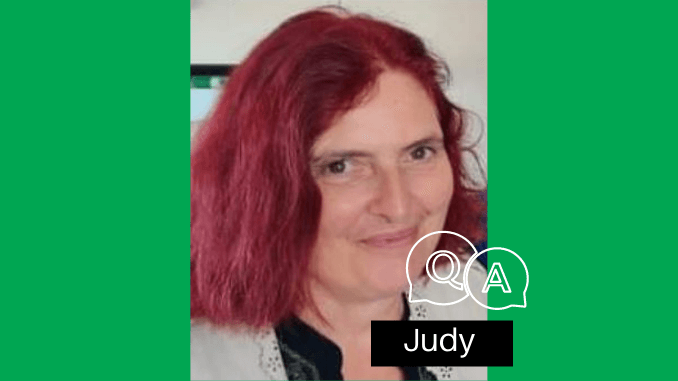Heidi - Disability Support Worker
Recently, I had the pleasure of speaking with Heidi, a Disability Support Worker from NSW who originally started her career in the corporate world. She taught me the value of treasuring the smaller moments in life and embracing all opportunities for the benefit of others. I hope you enjoy this special interview.
1.Tell us a little about your background and why you decided to become a Disability Support Worker?
I haven’t always worked in disability support services. My previous life was actually in the corporate world where I remembered reaching a point in my career where I felt I wasn’t making a real difference and definitely wasn’t having the impact I wanted to.
It was during this time of self-reflection I was also going through some pretty hard times at home. My gorgeous nephew was diagnosed with cancer at the age of 22 months which was completely devastating as you can imagine. After the diagnosis I launched into the supportive aunty role, moving in and out of hospital, learning about different illnesses, side effects and medications. It was at this time I realised that this is where I need to be. This is my calling. Helping kids and young adults live with illness and chronic conditions is what excites, intrigues and motivates me.
I remember speaking to a friend about my lack of interest in the corporate world and my new found love and insight in helping kids and young adults like my nephew. She introduced me to Edmen and I have honestly loved it ever since. I find the job incredibly rewarding and feel a much better connection to the community because of it.
2.What kind of work do you do on a day-to-day with your clients?
A typical day has changed significantly since COVID-19. Each client or “customer” as they are sometimes called, has a day program where they attend an organised event five days per week. For example, one of the activities takes the clients to a farm house which is full of ducks, lizards fresh fruit, vegetables and art. They love it there. However, since COVID-19 these events have been put on hold meaning the clients are limited to activities in the home or going for drives with us.
My other roles inside the group home consist of; checking and giving medications with another carer for safety (Edmen put me through a medication course when I first started), assisting the activities of daily living (ADL’s), cleaning, shopping, housework, cooking and feeding.
Each group home is different but the one I like in particular has five boys with ages ranging from 20-30. Its fun and they love to joke around. We keep everything light and it's really nice environment to work in.
3.What strategies do you use to build rapport with a new client?
Before I launch into any form of bonding activity I like to read the clients previous notes if available and importantly their behaviour management plan. I then want to read about the actual disability and how it impacts their daily living. I want to be prepared as to the best way I can keep everyone safe.
After this research phase, I try to connect with them by using their name and showing positive body language. I treat them with value whilst helping them discover their own routine in a new environment.
Our role is to be an auntie or grandparent. Not their mum - you cannot replace somebody's mother. And our grandparents typically spoil us - what a role to play!
4. What has your experience been like working with Edmen?
Excellent. The work is wonderful and the money is unreal. I have been with Edmen for about 20 months now and it’s been a really good experience.
5. What's your favourite memory as a Disability Support Worker with Edmen?
Two years ago on new year’s day, myself and some of the other carers got together and cooked a BBQ with salads and music. It was really cool! The sun was shining bright which allowed us to dance all afternoon and everyone was so happy. Even though some of the clients were non-verbal they were all relaxed and in their own way showed they loved it.
6. What impact do you feel you have on your client's lives?
Well I think I have dual roles when considering the impact I have. Firstly, my role, though often unspoken, is to create clear, healthy expectations for the clients in regards to housework and cleaning.
Secondly, I am also their biggest fan. I am their friend, support person and carer who they can come to whenever they need a hand. I need to be mindful and present to ensure the risk remains low to everyone in the home.
The balance of these two roles makes this job incredibly interesting, rewarding and simply just feels good.
7. What's the most rewarding thing about being a Disability Support Worker?
When I first started disability support work it felt like a “drug” I couldn’t get enough of. I was finally having an impact in somebody else’s life which was something I never truly felt working in the corporate world. Working in disability gives you the ability to use your natural caring abilities.
8. How do you recommend other disability support workers wind down after a busy shift?
You have to keep your own cup full. This is really important. After every morning shift I physically book in a nap on my calendar. I take the time to have a rest and provide my body with some respite before just jumping onto the next thing.
I do a lot of Body Balance Pilates and Yoga to keep myself balanced which I find particularly useful after a busy, tiring shift.
9. What advice do you have for people considering becoming a Disability Support Worker?
No two days are the same, so if you don’t like change this job is probably not for you. Though it has its challenges, the money is fabulous, the work is exciting and you’re given the opportunity to learn a lot about people.
You have to look after yourself mentally and physically out of the job so you can perform when you get there. Self-care is so important in order to do a good job free from errors.
10. Is there anything else you’d like readers to know about you or disability support work?
I advocate fiercely for mental illness but in order to do this safely I need to be constantly up to date with guidelines and policies which govern the care of mental health clients. You need to be able to refer to up to date laws and know when something doesn’t seem right and how to report it. If you see something, say something.
What an insightful woman. Those clients in Heidi’s care probably don’t realise how lucky they are.
Cheers,
Emma Smith
Emergency Registered Nurse
Co-founder The Other Shift
theothershift.com
Edmen Community Staffing Solutions Blog

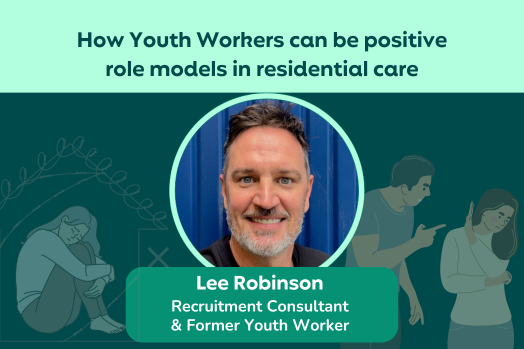
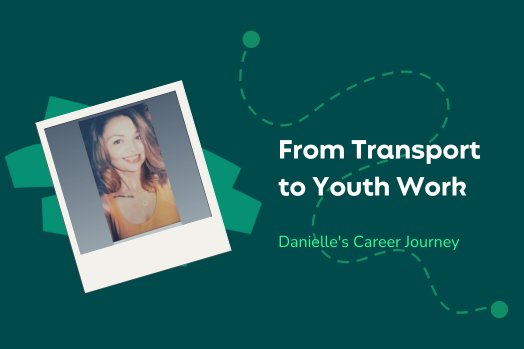

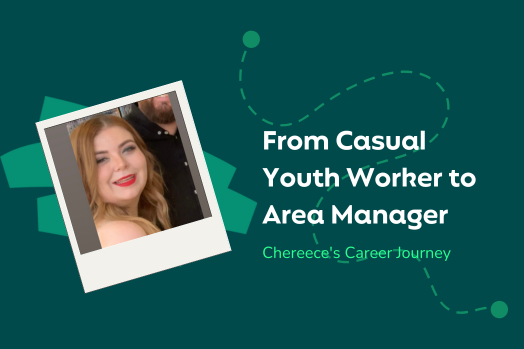
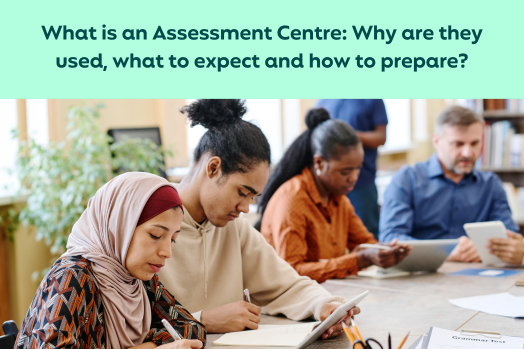
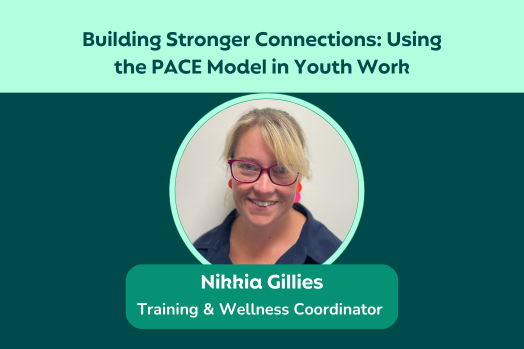
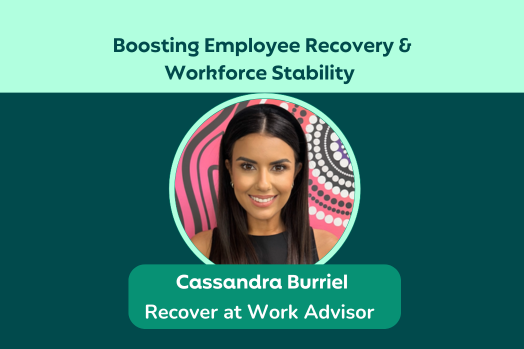
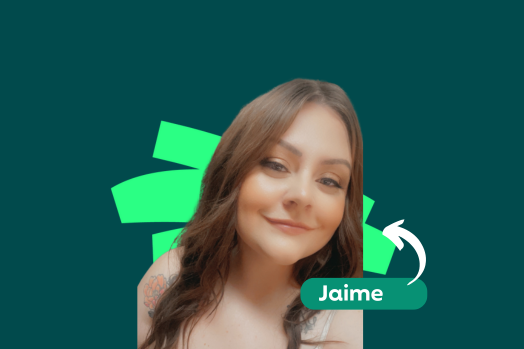
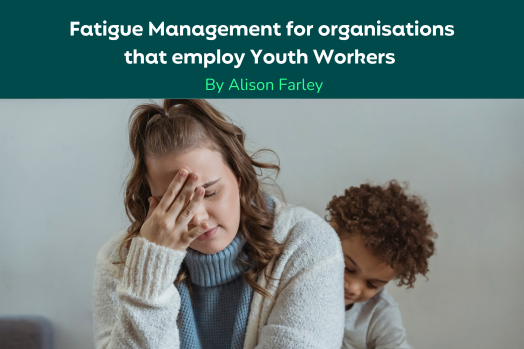
Edmen Community Staffing Solutions Blog

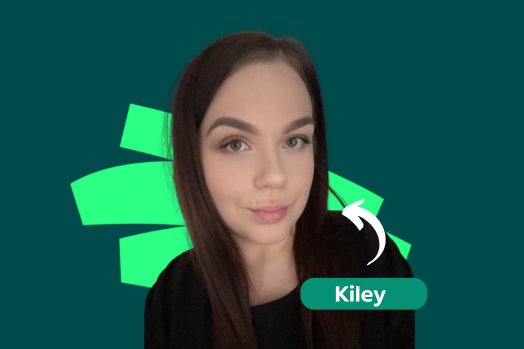
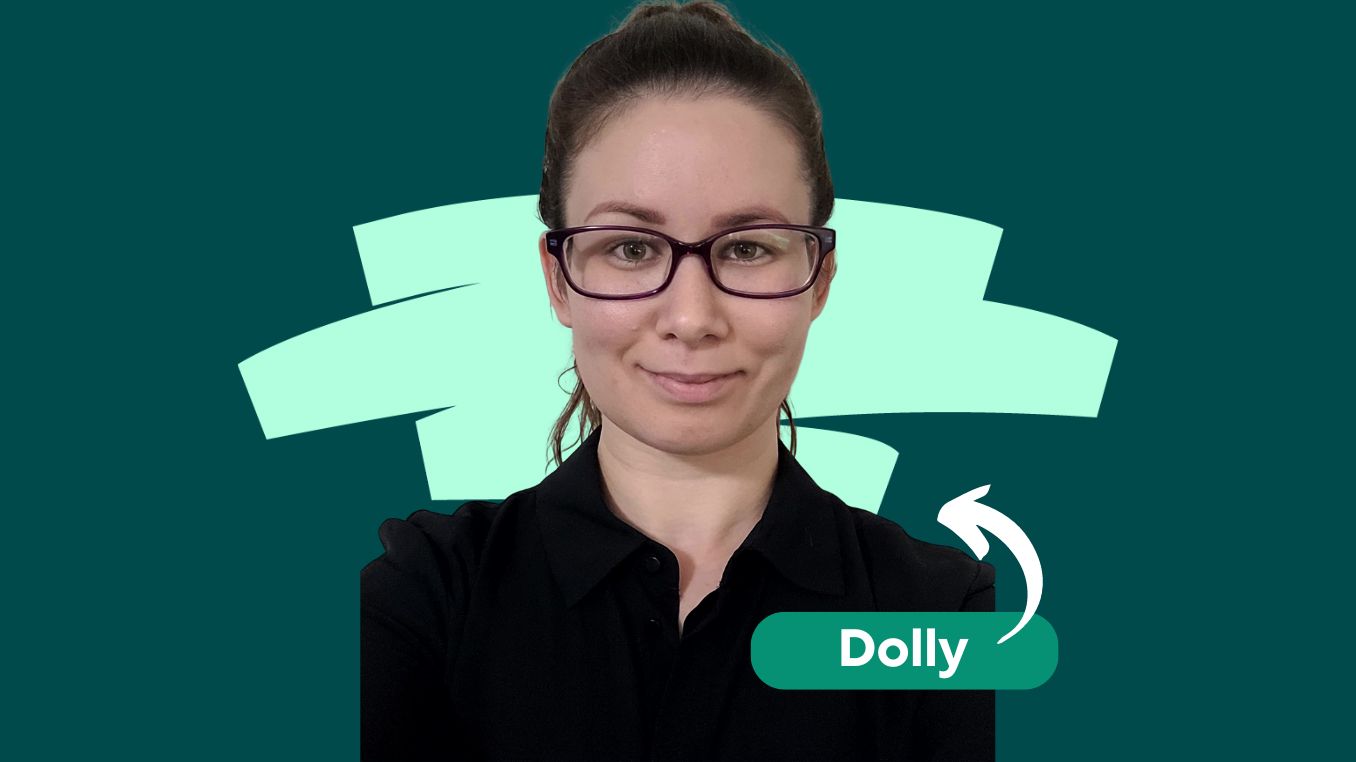
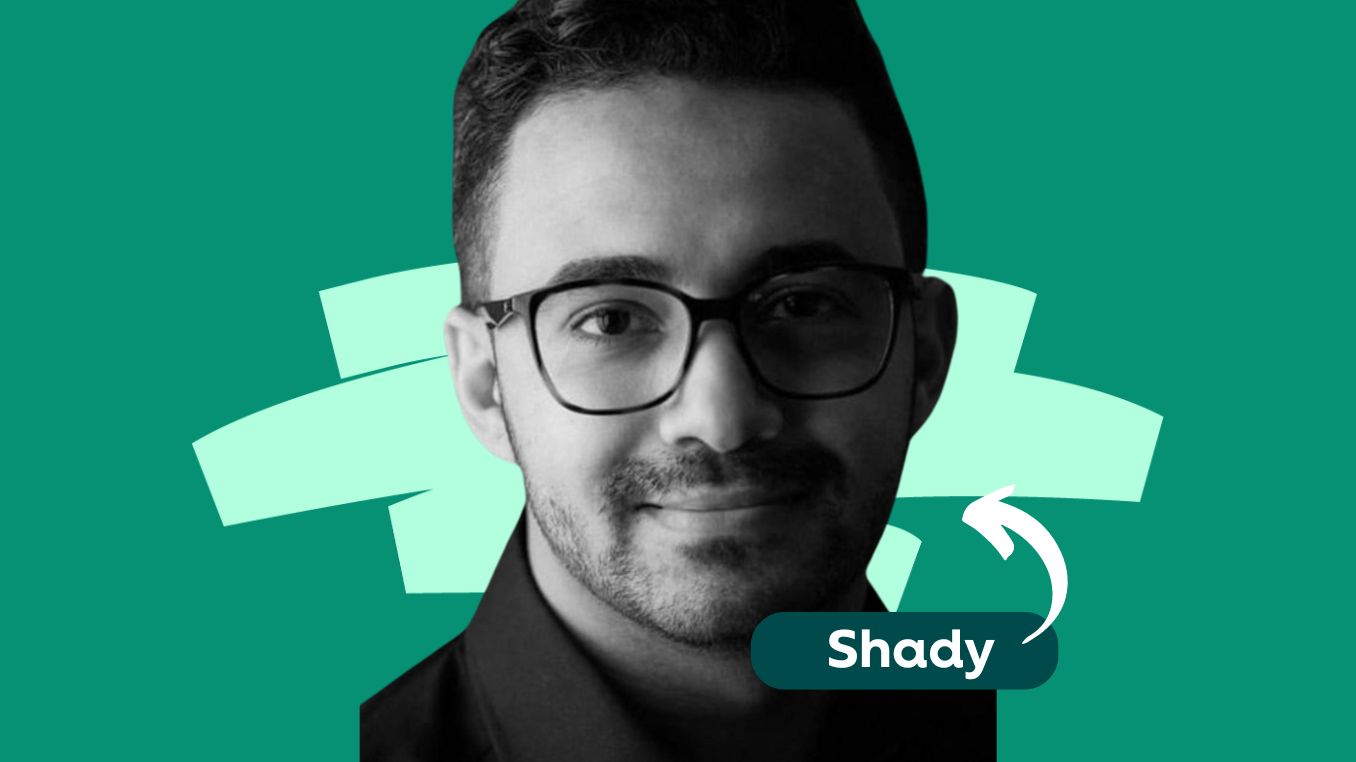
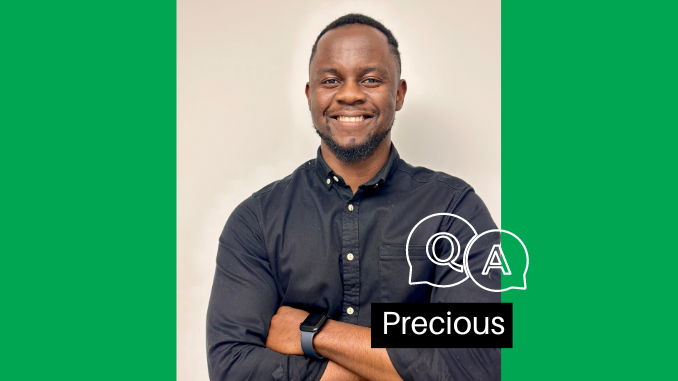
Edmen Community Staffing Solutions Blog












